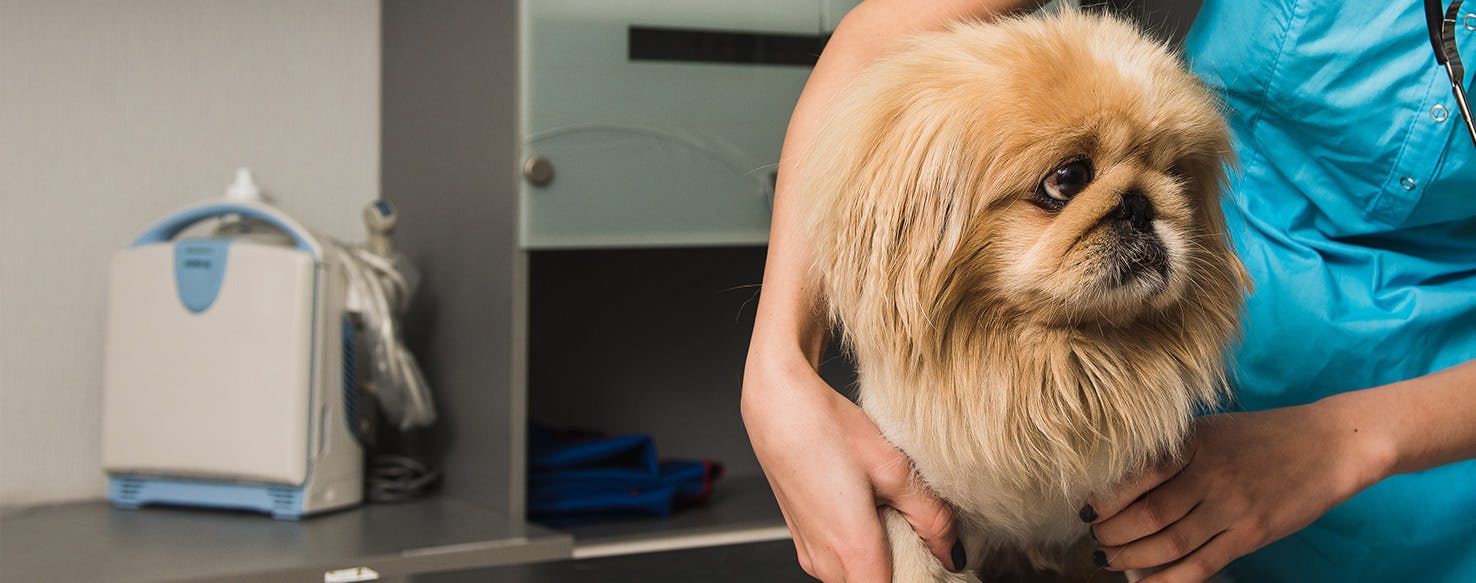Modern medicine has transformed the lives of millions of people all over the world. It has helped combat a whole host of human ailments, from viral infections to broken legs. But how much can your dog benefit from the same treatment? Do they even suffer from similar enough illnesses? Take oral herpes, for example. It’s caused by the herpes simplex virus and brings painful sores on the lips, gums, tongue, and roof of your mouth. It also happens to be contagious, so handling it in both humans and animals would require some caution. But can dogs even get oral herpes?
Can Dogs Get Oral Herpes?
No, canines do not exhibit oral herpes as we know it. Although many think because oral herpes is a contagious illness, dogs can catch it from us or other animals too. However, dogs cannot get oral herpes. If your dog is showing similar symptoms, such as small lumps in and around the mouth, it could well be viral papillomas.
Does My Dog Have Viral Papillomas?
The symptoms of oral herpes and viral papillomas can be similar. Does your dog have small, cauliflower lumps in or around the mouth? Does your dog have unusually bad breath? Are they not eating their food due to discomfort? Are there signs of swelling around the mouth? All of these are potential symptoms of viral papillomas.
But what causes these papillomas? The virus develops often as a result of a compromised immune system, for example, a genetic weakness they were born with. It could also be because of long term corticosteroid treatment. Plus, age may play a factor, as we typically see papillomas in puppies and young dogs, aged 2 or below.
Your vet will usually be able to diagnose the condition from a physical examination of the mouth. The shape and size the lumps are often makes diagnosis straightforward. The vet will also look for signs of bleeding and infection, as they may need to then prescribe antibiotics. Fortunately, this all makes the diagnostic procedure swift, ensuring treatment options can be explored promptly.
Learn more about other similar symptoms and related conditions by checking out our collection of Condition Guides.
How Do I Treat My Dog's Viral Papillomas?
The good news, when it comes to treatment, is that most dogs will recover from viral papillomas without any medical intervention. As the immune system improves, your dog’s body will usually be able to fight the infection itself and within 3 to 6 months the papillomas will be completely gone. Plus, if your dog’s immune system does manage to rid itself of the papillomas, your pooch is unlikely to contract the virus again.
However, if you see the papillomas are not budging or are swelling, then medical intervention may be necessary. This is because large papillomas may cause discomfort and pain, preventing your dog from eating and enjoying day to day life. If this is the case, your vet will surgically remove them and prescribe medication to combat any pain. Even if surgery is required, full recovery may take just several weeks until the affected area has healed.
There is also the option of Interferon-alpha treatments. These look to stimulate a response from the immune system itself. The treatment would be performed two to three times per week, but it is worth noting that it is an expensive route to go down.
It can often be useful to read first-hand accounts from other owners on
viral papillomas. How Are Viral Papillomas in Dogs Similar to Oral Herpes in Humans?
There are certain similarities in the symptoms of oral herpes and viral papillomas seen between humans and dogs. Some of those similarities are as follows:
-
Both dogs and humans may have visible swollen lumps on the lips, gums, tongue and roof of their mouths.
-
In both, visible pain and discomfort may be caused by the swelling.
-
Both may seem disinterested in food due to the irritation from the swellings when eating.
-
In both, bleeding from the problem area may occur.
-
In both dogs and humans, infection may take place, causing further pain and inflammation.
How Are Viral Papillomas in Dogs Different than Oral Herpes Humans?
In many ways then, there are a lot of similarities in the way the symptoms of oral herpes and viral papillomas manifest themselves in dogs, humans and other animals. However, it is worth pointing out there are several differences too:
-
In dogs, viral papillomas often take the specific shape of a ‘cauliflower,' in humans oral herpes looks more like a swollen, red patch.
-
Viral papillomas in dogs frequently cluster together, whereas in humans, oral herpes tends to be distinct, individual sore patches.
-
Viral papillomas tend to affect young dogs, under 2, but oral herpes in humans can strike at any age.
Case Study
Brave was a 17 month old Great Dane. He may have been a brave dog, but viral papillomas in the mouth caused him considerable discomfort when it came to eating. After adding supplements to his diet, in an effort to help his body fight the papillomas itself, his immune system finally kicked into action and slowly but surely his papillomas redressed over the course of 5 to 6 months. This case is important because it shows, that while it’s easy and natural to worry about growths in your dog’s mouth, usually with zero or minimal intervention, the viral papillomas will clear up by themselves.


